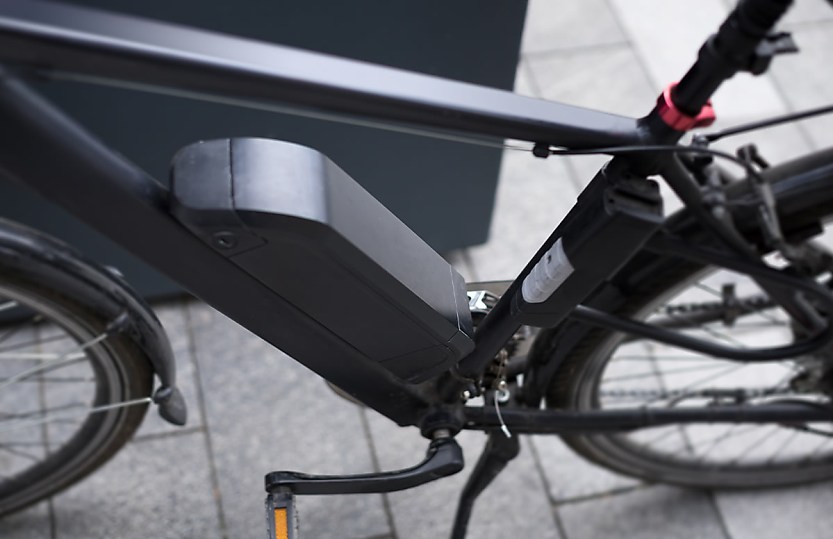NALSPA calls for e-bike FBT amendment

The fringe benefits tax exemption laws on e-bikes constrain potential economic and environmental benefits for Australia, according to the National Automotive Leasing and Salary Packaging Association.
The National Automotive Leasing and Salary Packaging Association (NALSPA) estimated as many as 57,800 more e-bikes would be on Australian roads if the e-bike exemption on fringe benefits tax (FBT) were removed.
Currently, the FBT exemption for e-bikes is strict, limiting the use for work-based commuting only.
NALSPA said the exemption can apply through a salary package arrangement and help reduce the purchase price and running costs for workers.
NALSPA chief executive Rohan Martin believes the FBT exemption laws for e-bikes should be changed to allow for flexibility.
“The FBT exemption laws for e-bikes should be amended so that there are no limitations on private use- just as it works for electric and plug-in hybrid vehicles,” Martin said.
“Just as we’ve seen with the success of the FBT exemption for electric vehicles, which has helped see EV sales grow 150 per cent between 2022 and 2023, if you get the policy settings right to e-bikes we’ll likely see them surge in popularity.”
Research conducted by NALSPA found the cost savings on a novated lease e-bike is a significant benefit to the growing usage of e-bikes.
For example, on a novated lease riders can get hold of an e-bike with zero upfront cost, repayments as low as $3 a day, no GST on the purchase price, a reduction in taxable income and no FBT if the bike is mostly used for commuting and work purposes.
“There are so many exciting new e-bike models on the market that would suit so many Australians,” Martin said.
“But the problem is awareness of the FBT exemption is low and even if you find out about it, the current restriction on private use acts as a significant disincentive to an employee looking to salary package an e-bike.”
E-bikes are the way forward in sustainable and affordable travel in Australian communities, he continued.
“E-bikes require less effort to pedal, can carry more weight and travel further distances much easier, making them more practical and accessible for a larger number of people.”
“Riding e-bikes is a very economical way to commute that can lead to significant savings compared to a car and even public transport- you’re not paying for parking, fares or fuel.”
NALSPA said interest among workers and employers for salary-packaged e-bikes is growing.
“E-bikes are a perfect modern transport solution- they help with reducing the cost of living, increase exercise and are environmentally friendly,” Martin said.
“Cycling culture in Australia is still immature compared to other countries unless you’re a lycra-clad devotee. E-bikes are changing the game.”






